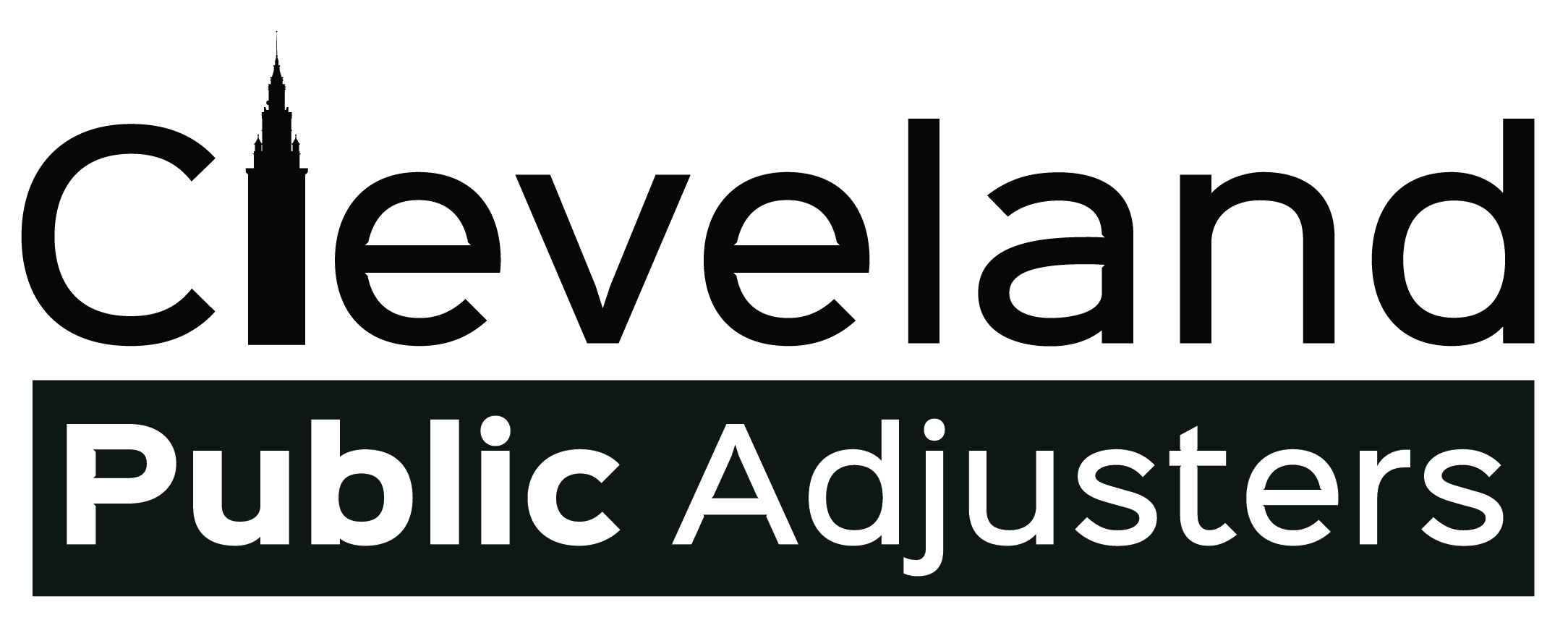You’re familiar with your credit score, but what about your insurance score? When you file a property insurance claim, that claim is filed in the Comprehensive Loss Underwriting Exchange (CLUE). Insurance carriers can use this data to rate your insurance policy and set higher or lower premiums.
An insurance claim can be held against you even if it’s denied by your insurance carrier or doesn’t result in a payout. File too many claims, and your existing insurance carrier could assign you to a higher risk category or even drop your policy.
You should only file a claim if you are confident it will result in an adequate payout. This is one reason to call a licensed public adjuster before contacting your insurance company: to get an expert assessment of your claim with zero risk to your insurance record.
Knowing whether to file a claim begins with understanding what’s covered by your policy. Don’t file a claim until you can answer these four essential questions about your insurance policy:
1. Does your policy provide ACV or RCV?
Be especially cautious about filing a claim if your insurance policy states that the insurer will “pay only the actual cash value at the time of loss.” If your policy covers “actual cash value” (ACV), it means the policy provides replacement costs less depreciation. Whereas if your policy covers “replacement cost value” (RCV), you stand to receive the actual amount to replace damaged items and property. Whether you have ACV or RCV, have a public adjuster on your side to ensure a fair valuation by your insurance company.
2. Does your policy include code upgrade coverage?
If you don’t have coverage for “code upgrade” on your policy, you may be left footing the bill to repair damage if it’s determined that your electrical, heating, or plumbing systems are outdated based on city codes. If you do have code upgrade coverage, your insurance company is responsible to pay to bring your property and its systems up to code.
3. Does your policy have a sewer and drain endorsement?
Most standard property insurance policies exclude or restrict coverage for water backups through sewers and drains. If a sump pump fails or rainwater floods the basement after a storm, you’re likely to pay out of pocket to repair the water damage if you don’t have water and sewer backup coverage on your policy. Even if you do have this supplemental coverage, your claim might be denied if you can’t adequately and accurately describe the cause of damage to your insurance carrier. Call Cleveland Public Adjusters and we will help you determine if the water intrusion will be covered under your policy.
4. Does the amount of your deductible warrant filing a claim?
Does your policy have a deductible and do you know how much it is? Deductibles vary; sometimes it might be calculated as a percentage of the value of your home. Be sure you understand your deductible before you file an insurance claim. If you have a $20,000 loss, but need to meet a $20,000 deductible, you are putting yourself at a disadvantage if you file a claim – and you stand to gain nothing.
It’s key to understand the details of your insurance policy before you file a claim. Before contacting your insurance company to report damage to your property, contact Cleveland Public Adjusters. We will review and interpret your policy, advise you on whether it’s worth filing a claim, and handle the process with your insurance company from start to finish to help you get what you deserve.

